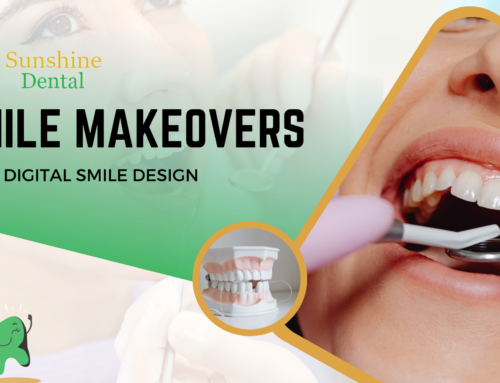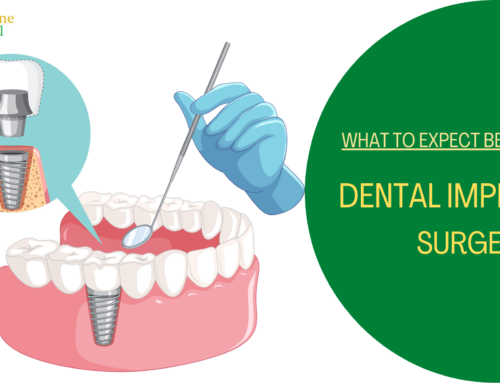Unfortunately, dental problems are not the only ailments that patients suffer from. While you undergo dental treatment, you may also be under treatment for a variety of health conditions. Some patients may have minor conditions,

Giving antibiotics to a patient
while others may be suffering from chronic disorders or life-threatening diseases.
Bacterial Endocarditis
Certain dental procedures result in bleeding; the bleeding is from the gums and mucous membranes. The bacteria from the mouth can enter the bloodstream. If the bacteria find its way to the heart of a patient with an existing health condition, it can cause bacterial endocarditis, which can worsen the cardiac ailment. Bacterial endocarditis causes severe inflammation of the heart valves and tissues.
When the bacteria flows into the bloodstream it can settle anywhere in the body and adversely affect that part of the body. The bacteria can infect various body parts, and if a particular has an ailment of that body, the infection can have serious consequences. For e.g., if you have a dental problem, just see if you have any of the below-mentioned health conditions or procedures apply to you:
- Have you undergone heart surgery within the past six months?
- Do you use a pacemaker?
- Have you undergone vascular surgery within the past six months?
- Do you have an artificial valve or a stent?
- Do you have a history of rheumatic fever?
- Do you have a history of heart murmur (mitral valve prolapsed)?
- Have you had bacterial endocarditis before?
- Do you have a systemic pulmonary shunt?
- Do you have a congenital heart defect?
- Do you have acquired valvular dysfunction?
If any of the above applies to you, or if your health has changed since your last dental appointment, you must be sure to inform your practicing dentist. So he or she can take appropriate precautions during the course of the next treatment.
If it is your first dental appointment with us, we will need to know your complete medical history. We will also ask you to fill in the name and address of the physician treating your other health ailment as well as the medications and their dosages that you take. Sometimes, it may become prudent for us to contact your physician for certain information.
Antibiotics to Prevent Against Infections
If we do know you have other health conditions, which might worsen with infection, we prescribe antibiotics for dental treatments that can result in oral bleeding. If you are taking any new medications for any health condition since your last dental appointment, you should tell your dentist, so we can update our records and prescribe antibiotics that will not clash with your current medicine regimen.

Antibiotics
You should also tell us if you have developed any allergies to your new medication since your last visit to us. Our dentists may consult with your consulting physician to determine the best antibiotic to give you before your next dental treatment. We prescribe oral antibiotics, carefully follow the instructions regarding dosage and frequency.
Joint Replacement Infections
The oral bacteria, which passed into your bloodstream after your last dental visit can also get deposited in an artificial joint if the patient has recently had a joint replacement.

Joint Replacement Infections
It increases the patient’s risk of infection. If this applies to you, let us know before your dental procedure so our dentists and your orthopedic surgeon can work together to determine the best antibiotic to prescribe and develop the optimal course of treatment for you.
For patients who have undergone joint replacement, the antibiotic prophylaxis is normally recommended for the first two years after the joint replacement. After this, this antibiotic may be prescribed only for high-risk dental treatments.
Antibiotics are also prescribed before complex dental procedures for patients who also have the following conditions:
- Rheumatoid arthritis, systemic lupus or any other medical disorder that has caused your immune system to be compromised or suppressed
- Immunosuppression caused by chemotherapy or radiotherapy
- Malnutrition
- Hemophilia
- HIV infection
- Type 1 diabetes
- Cancer








Leave A Comment